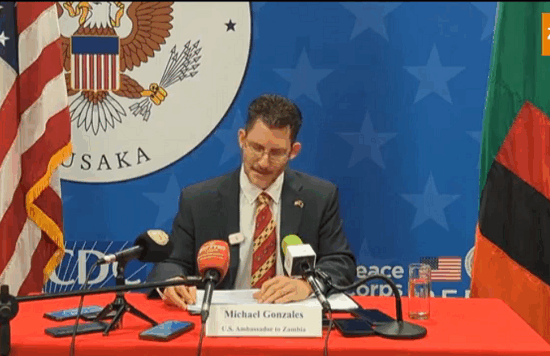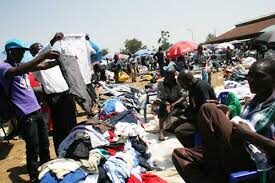
A consortium of influential non-governmental organizations – NGOs that includes Caritus Zambia, JCTR, Diakonia and Women for change have challenged the finance minister Situmbeko Musokotwane to provide clarity on the utilization of the increased funding through the Constituency Development Fund CDF.
The NGO consortium in a statement made available to the Zambian Business Times – ZBT stated that the Minister of Finance needs to provide more guidance on what CDF will be used on and what it will not be used on. In his budget speech, Dr. Musokotwane mentioned that some costs will not be met from the CDF. It is important for the public to know what the allowable and non-allowable costs under the K25.7 million for the public to be able to effectively monitor utilization of these funds?
The NGOs have also cautioned that government need to put in place control measures that will prevent the undue influence of local authority officials and members of Parliament in the management and administration of CDF. In the past, communities’ priorities were sidelined over local authorities’ priorities.
Among other concerns raised, the NGOs further expressed the concern on the late, inadequate and inconsistent release of the CDF allocation by Central Government to Constituencies in the past which negatively affected the implementation of new projects or the completion of already existing incomplete projects. The government should advise how these pitfall will be avoided.
The NGO consortium has propose the following as the way of making CDF a success in Zambia:
1. The CDF Guidelines should be strengthened so as to mitigate against the risk of individuals or elected representatives’ prioritization of projects using their positions of influence.
2. There is an urgent need to establish and strengthen local and sub-governance structures such as the WDCs and CDF management committees. Local authorities also need to prioritize the formation and full orientation of the WDCs as provided for in the 2021 WDC guidelines as they are key in the submission of ward development plans and priorities.
3. There is need to harmonize and align various policies, regulations and procedures as CDF will be an integral component of the country’s development agenda.
4. There is need to review the local Government expenditure and procurement rules and regulations as a means of enhancing transparency and accountability in the expenditure and procurement of the CDF.
5. It should be emphasised that CDF should be prioritized within the local communities needs and aligned to the Integrated Development Plans (IDPS). The CDF amounts should be adequate in consideration of the size of the wards, constituency and population among others.
6. Ministry of Local Government needs to prioritise awareness raising on CDF targeting both Right Holders and Duty Bearers.
7. Ensure timely and non-discriminative (all constituencies) disbursement of the CDF allocation.
8. Enhanced transparency and accountability measures in CDF utilisation and corrective and punitive action for anyone found wanting.
Decentralization as a policy is one of the best methods of ensuring equitable distribution of development and cash but has its own complications and drawbacks. The new dawn UPND government will therefore need to ensure that they work extra hard and smart especially in this first year of implementation to give the policy a head start for successful implementation.






